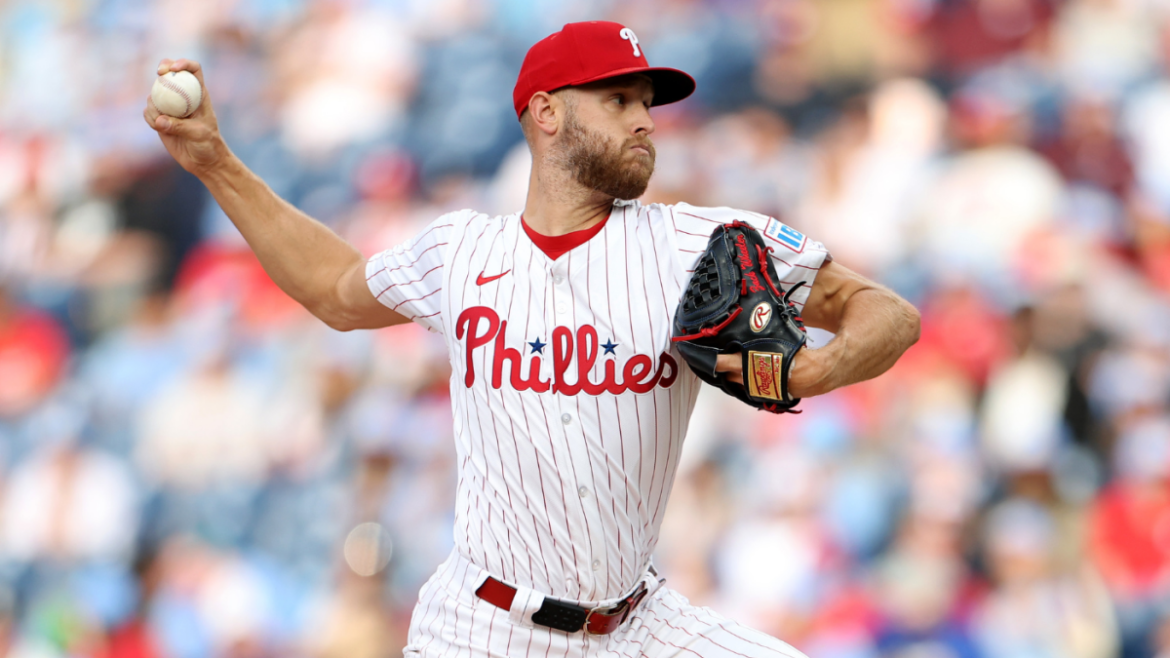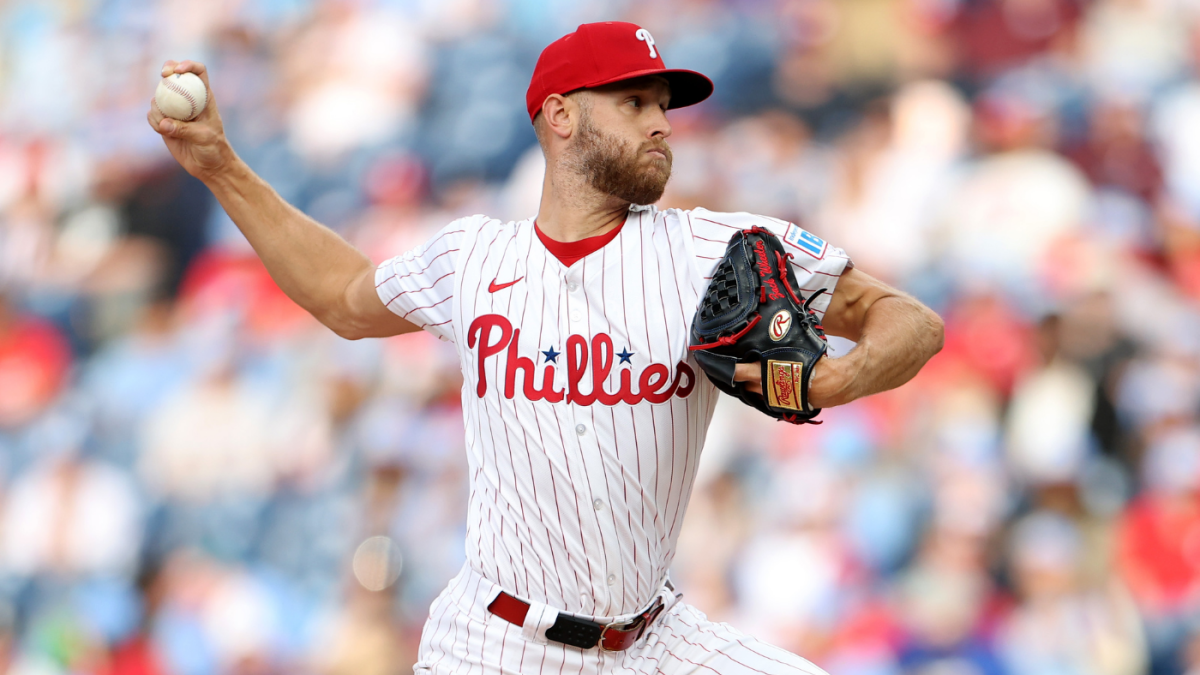Zack Wheeler’s Defined Exit: A Closer Look at the Phillies Ace’s Planned 2027 Retirement
The Philadelphia Phillies’ ace pitcher, Zack Wheeler, has steadily cemented his place as one of Major League Baseball’s premier talents over more than a decade-long career. Yet, what has recently captured attention is not just his dominance on the mound but his unequivocal decision to retire after the 2027 MLB season. This announcement, while clear and final, presents a fascinating case study in athlete career planning, legacy considerations, and the ripple effects on team strategy and fan expectations.
The Clear Timeline: A Career With an End Date
Wheeler’s declaration that he will retire immediately following the 2027 season is unusually explicit in professional sports, where careers often end ambiguously due to injuries, contract uncertainties, or fluctuating performance. Signing a three-year, $126 million contract extension in March 2024 that runs through 2027, Wheeler has laid out a roadmap for the culmination of his playing days. No speculation or hesitation clouds his resolve; when the contract expires, so does his career as an MLB pitcher.
This decision allows Wheeler to control his narrative, stepping away on his own terms rather than as circumstances force him out. At age 35 currently, planning retirement at 37 places him in a typical age range for pitchers to wind down due to the physically demanding nature of the role. Still, his clarity contrasts with many athletes who often extend their careers indefinitely.
Balancing Performance with Life Beyond Baseball
Throughout his career, Wheeler has maintained elite performance levels, boasting strong WAR (Wins Above Replacement) numbers—6.1 last season and currently 2.8 this season—illustrating his ongoing effectiveness as a top-tier pitcher. Though some debate his Hall of Fame candidacy—his WAR sits at 38.0, compared to others like Hernández with 49.9—Wheeler’s trajectory suggests potential to reach or surpass those marks by 2027.
Yet, beyond statistics, Wheeler’s motivation reflects a personal philosophy prioritizing quality of life outside the spotlight. He has publicly emphasized the desire to spend more time with family after his career, signaling readiness to embrace a new chapter free from baseball’s relentless demands. This holistic view of career longevity—valuing personal well-being alongside professional achievement—is noteworthy in a culture that often glorifies pushing physical limits endlessly.
Implications for the Phillies and Baseball Landscape
Wheeler’s announcement delivers both a challenge and an opportunity for the Phillies organization. With the ace pitching staff losing their frontline starter after 2027, the team faces the task of succession planning. Already, the Phillies’ eyes are on promising young arms like Andrew Painter, a top prospect recovering from Tommy John surgery, expected to be a cornerstone of their future rotation.
This impending transition underscores the importance of balancing current competitiveness with sustainable rebuilding. Wheeler’s retirement timeline provides a defined horizon, allowing the Phillies to strategize contract negotiations, farm system development, and coaching resources accordingly. It also raises questions on how the franchise will manage fan expectations, given Wheeler’s central role as a clubhouse leader and top performer.
Wheeler’s Legacy: Beyond Championships
While championship victories remain elusive for Wheeler, his impact transcends simple team accolades. Known as a “workhorse,” he has displayed resilience and an unwavering commitment to excellence from his MLB debut in 2013 with the Mets through his tenure in Philadelphia starting in 2020. His “unequivocal” retirement decision reflects a maturity in knowing when fulfillment is achieved on personal terms rather than external validation alone.
Moreover, Wheeler’s transparency about retirement challenges the usual athlete narrative—where retirement plans are often shrouded in uncertainty or deferred indefinitely. It encourages a conversation about respecting boundaries and embracing career transitions proactively.
Conclusion: A Thoughtful Farewell That Redefines Athlete Agency
Zack Wheeler’s planned exit after the 2027 season stands as a bold, thoughtful declaration in modern baseball. His clarity on when and why he will retire elevates discussions about athlete autonomy, life balance, and the true measure of success beyond trophies. For the Phillies, it marks both a poignant farewell to a pitching ace and a call to chart the next era in their franchise story. For fans and the baseball community, it offers a moment to appreciate a career that has been defined as much by skill as by the courage to choose the course of its conclusion. Wheeler’s legacy will likely influence how future generations of athletes approach not just their games, but their lives beyond the diamond.





